easyJet (London Luton) will resume flights in mid-June, but will cut routes and a third of its staff as it struggles to deal with the fallout from the coronavirus pandemic.
In an update on capacity, fleet and cost structure plans, the carrier on May 28 said flights will resume on June 15, servicing a small number of routes that will support profitable flying. easyJet’s fleet was fully grounded on March 30. The initial schedule will comprise mainly domestic flying in the UK and France and further routes will be announced as travel restrictions are relaxed. Capacity for the fiscal fourth quarter of 2020 will be around 30% of that in the same period last year.
On May 21, easyJet said the services that will resume from June 15 include from London Gatwick, Bristol International, Birmingham, GB, Liverpool, Newcastle International, Edinburgh, Glasgow International, Inverness, and Belfast International in the UK as well as the Isle of Man. In addition, flying will resume in France from Nice, Paris CDG, Toulouse Blagnac, Bordeaux Mérignac, Nantes, Lyon St. Exupéry and Lille Lesquin, as well as from Geneva in Switzerland, Lisbon and Porto in Portugal, and Barcelona El Prat in Spain.
In line with reduced demand and scaled back operations, easyJet has proposed reducing its staff by up to 30%, amounting to about 4,500 people considering the airline employs some 15,000 staff, including 4,000 pilots and 9,000 cabin crew.
easyJet said it is taking other decisive measures to cut costs, minimise capital expenditure and raise funds. This includes signing two loans totalling GBP400 million pounds (USD490 million), with both loans maturing in 2022 and secured against aircraft assets. The company also successfully issued GBP600 million (USD734 million) of commercial paper through the Bank of England’s Covid Corporate Financing Facility (CCFF).
Regarding the sale and lease back of aircraft, easyJet said it is making progress with these engagements and anticipates proceeds in the range of GBP500-650 million (USD612-795 million). The airline owns around 70% of its fleet.
“Upon closure of all these funding initiatives, we expect to have generated total additional liquidity of circa GBP2 billion [USD2.45 billion] with our cash burn during grounding being broadly in line with our estimates published in April,” the airline said.
Johan Lundgren, easyJet chief executive officer said, “Although we will restart flying on June 15, we expect demand to build slowly, only returning to 2019 levels in about three years' time.”
easyJet revealed it will shrink its fleet, which it expects to number 302 aircraft at the end of 2021, which is 51 aircraft lower than the previously anticipated fleet size for year end 2021. The reduction in fleet size will be achieved through the deferral of new aircraft deliveries and the re-delivery of leased aircraft.
The carrier is in a battle with founder and largest shareholder Stelios Haji-Ioannou over an order for more than 100 new A320-200N/A321-200N aircraft from Airbus. He said easyJet should cancel the Airbus order rather than reduce staff.
According to Airbus, as of April 30, 2020, easyJet had received thirty-four A320neo out of 129 on order and eleven A321neo out of thirty on order. This leaves ninety-five A320neo and nineteen A321neo still to be delivered, for a total of 114.
According to the ch-aviation Commercial Aviation Aircraft Data module, the following aircraft are operated across the group: easyJet Europe (EC, Vienna) has forty-five A319-100s, ninety-two A320-200s, and three A320neo(LR)s; easyJet Switzerland (DS, Geneva) has seven A319s, and twenty-three A320-200s, while easyJet UK (U2, London Luton) has seventy-one A319s, fifty-four A320-200s, thirty-four A320neo, and eight A321neo(LR)s.
- Type
- Base
- Aircraft
- Destinations
- Routes
- Daily Flights

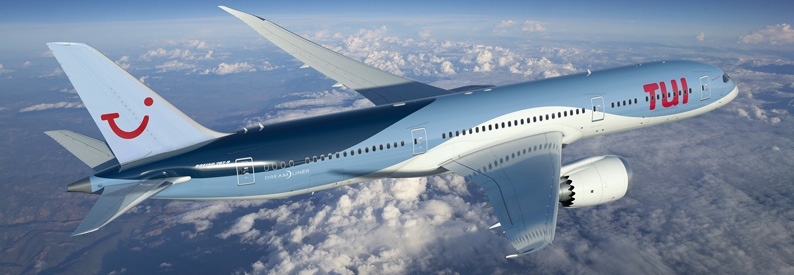
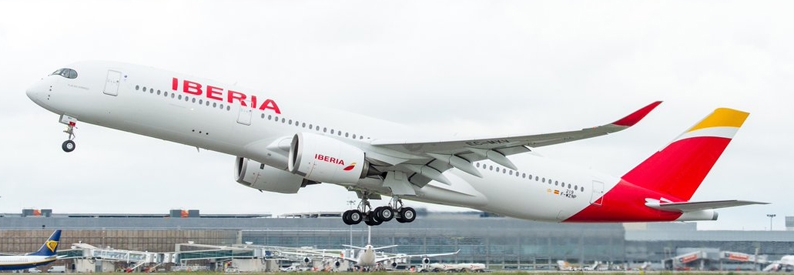
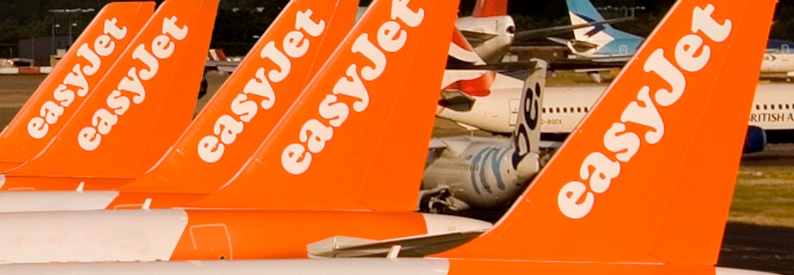
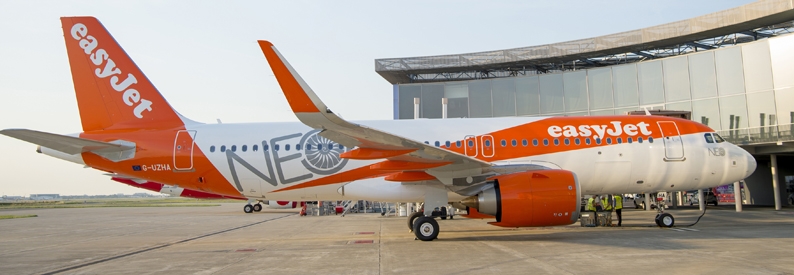
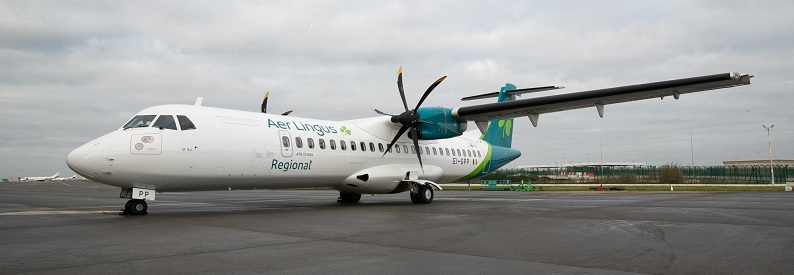
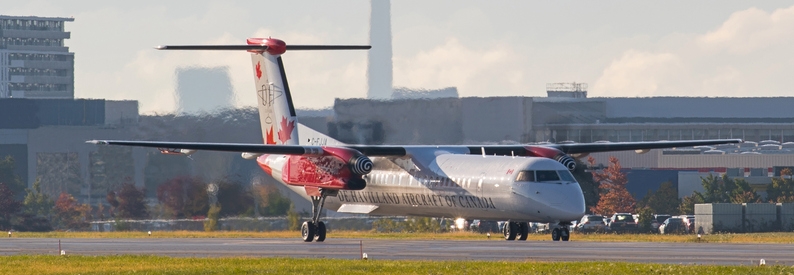
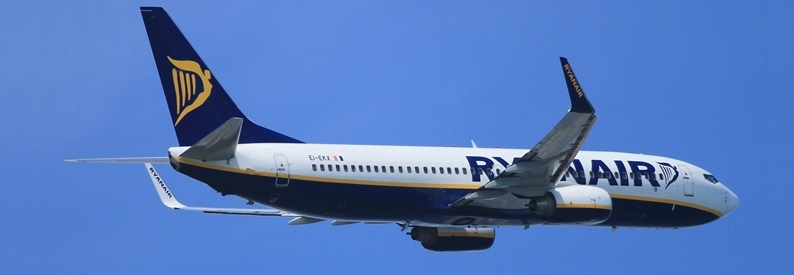
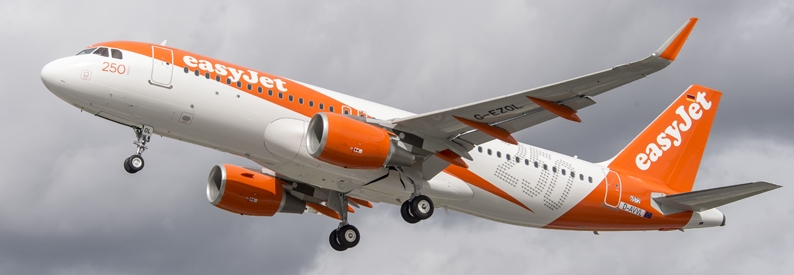
Editorial Comment: Corrected the easyJet Switzerland fleet summary to A320-200 instead of A320neo. - 29May2020 - 11:23 UTC